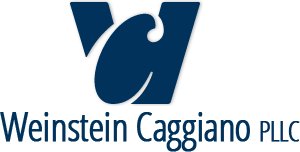Drug recalls are a critical part of the pharmaceutical industry’s commitment to public safety. They’re usually initiated when a product is found to be unsafe for consumers or when it fails to comply with federal standards.
Understanding how drug recalls work helps consumers stay informed about the medications they use and ensures their health and safety are not compromised.
Common reasons for drug recalls
Recalls can occur for various reasons. Some common causes include contamination, incorrect labeling or packaging, adverse side effects not previously recognized or manufacturing defects.
When such issues are identified, either by the manufacturing company, reports from healthcare professionals or patients or inspections by regulatory agencies, a recall process is triggered. The speed and scope of a recall often depend on the severity of the issue and the potential risk to public health.
Types of drug recalls
There are three main types of drug recalls, each categorized by the level of risk they pose.
- Class I recalls are the most serious, involving drugs that could cause serious health problems or death.
- Class II recalls are less severe but still represent a risk of temporary or medically reversible adverse health consequences.
- Class III recalls are the least serious and are initiated when a drug is unlikely to cause any adverse health reaction, but has violated some regulatory guidelines.
Understanding these categories helps in comprehending the urgency and severity of different recall scenarios. Anyone who suffers an injury due to a drug that’s recalled should understand their legal rights.
Filing a compensation claim can help to offset the financial damages of the situation, but this must be done within the time frame allowed by Washington law. Working with someone familiar with these matters is beneficial for victims.
